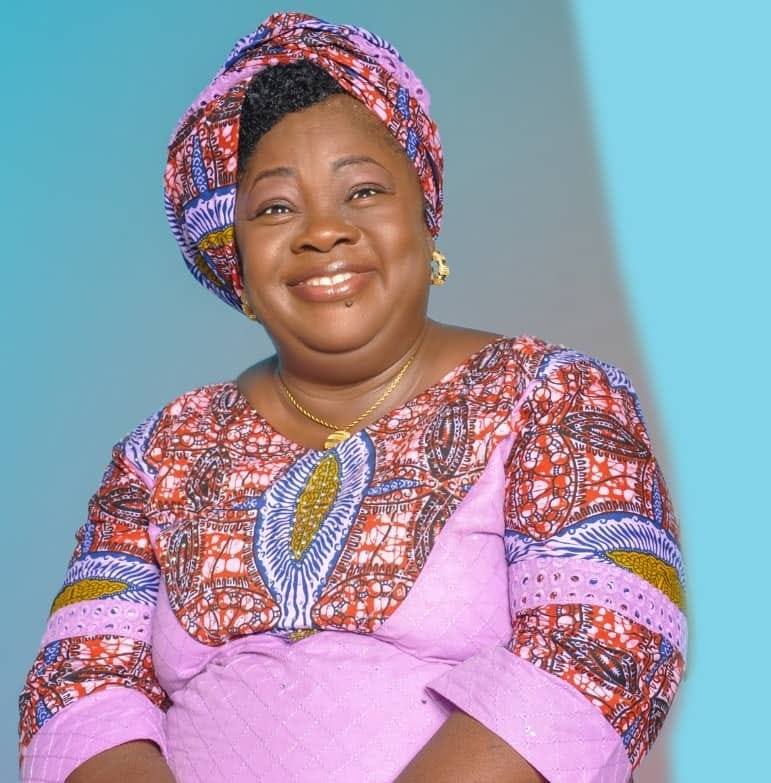Northeast Nigeria
ATJLF in Nigeria
Spotlight Projects
The project “Mediatising the Social Damage on Victims of Abandoned Property in Borno state” was about creating communication around community-driven processes of reconciliation and healing for the traumatised victims in Nigeria’s Northeastern communities. Thanks to this project, the Nigerian Army cleared and released 1,009 people who had been wrongly detained at the Giwa detention facility and the Maximum-Security Prison in Borno State, the largest single batch of clearance and release in many years. This followed HumAngle’s several months of advocacy against forced family separation and the prolonged detention of civilians, especially husbands of the Knifar Movement members. We are one of the foremost funders of HumAngle Media and it is an investment we are very proud of
The project ‘Provision of Palliative Care for Traumatized Victims/ Survivors of Conflict in Northeast Nigeria’ centered on the provision of palliative care for traumatized victims and survivors of the conflict in northeast Nigeria. Central to its objective was the provision of psychosocial support. Lay counsellors were trained to provide this care in affected communities. The project featured the creation of safe spaces, and counseling for survivors.








